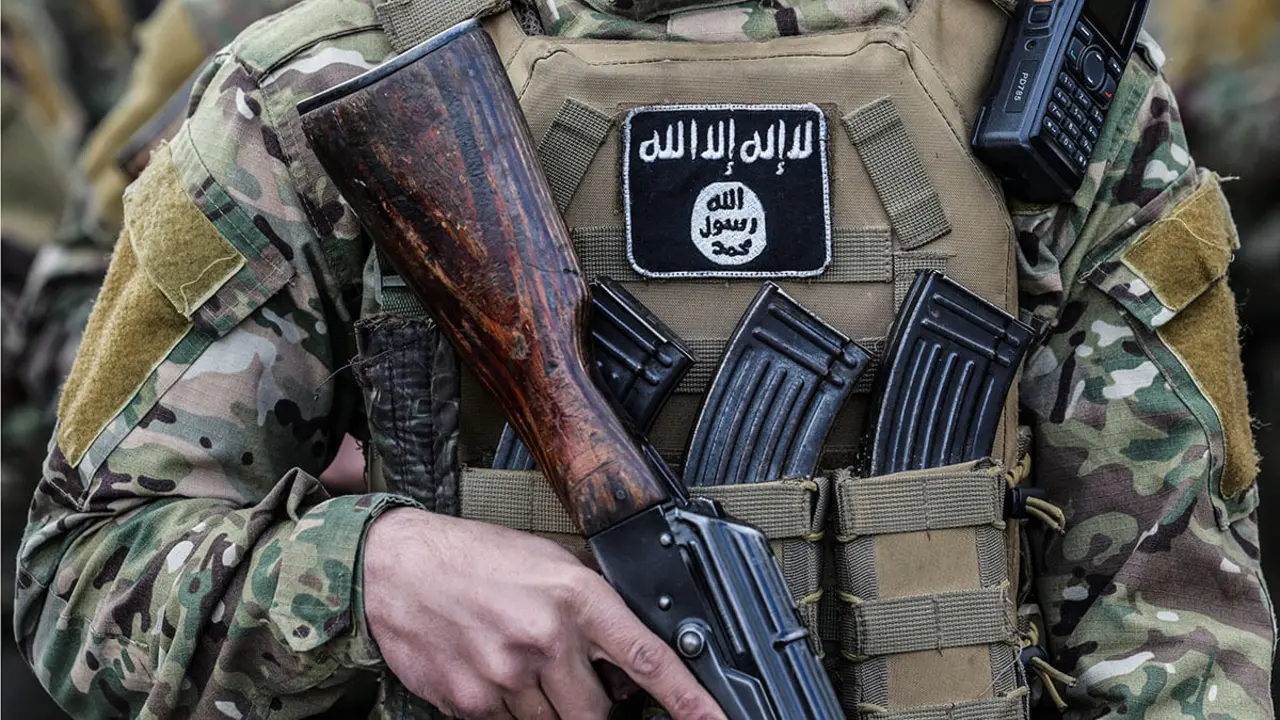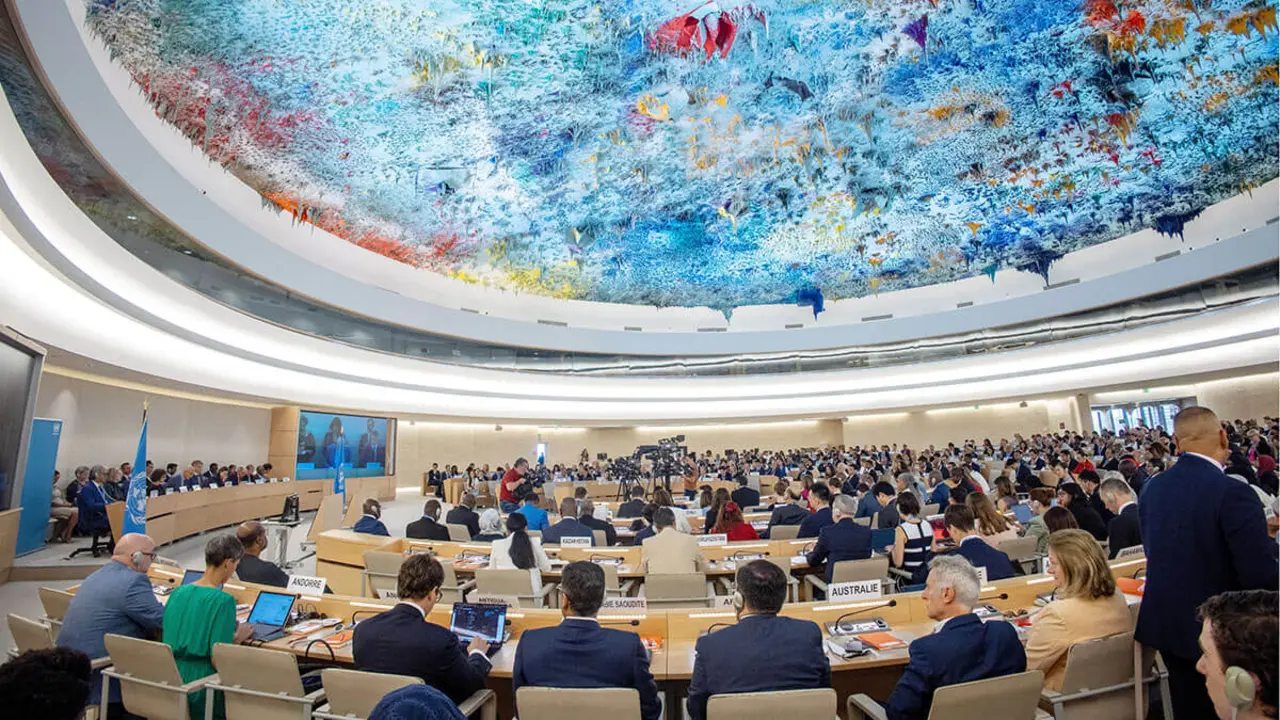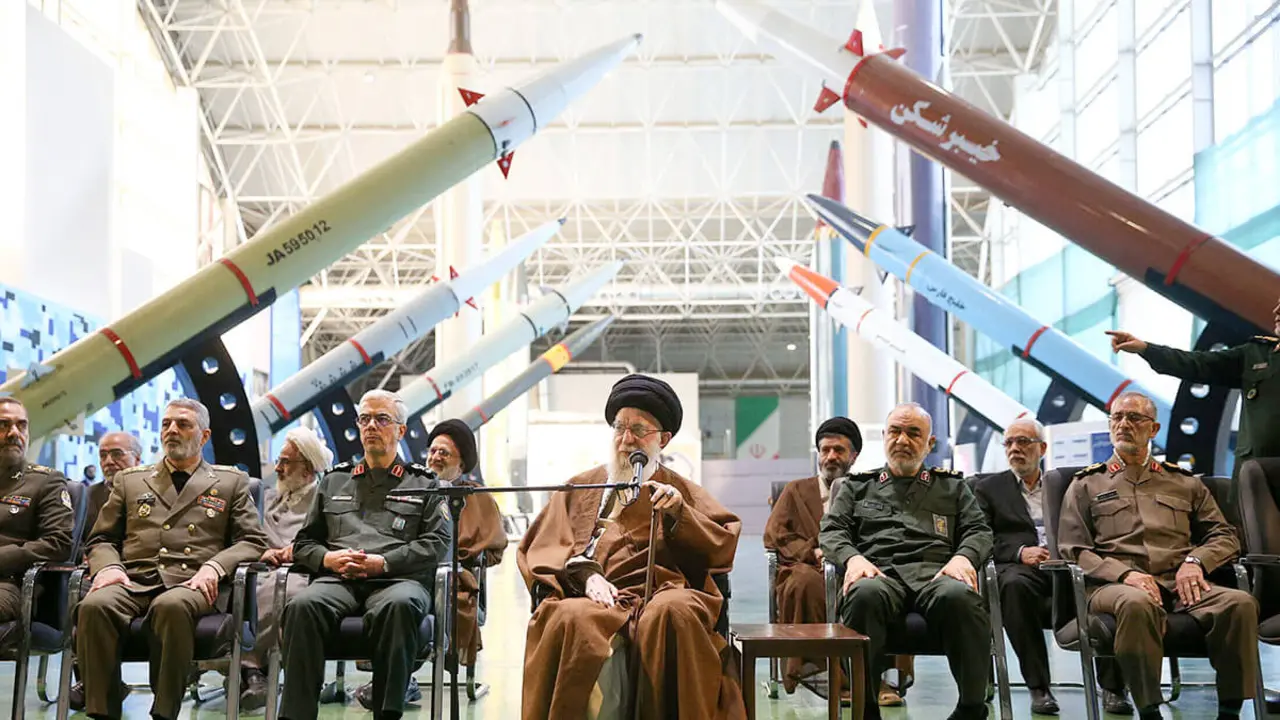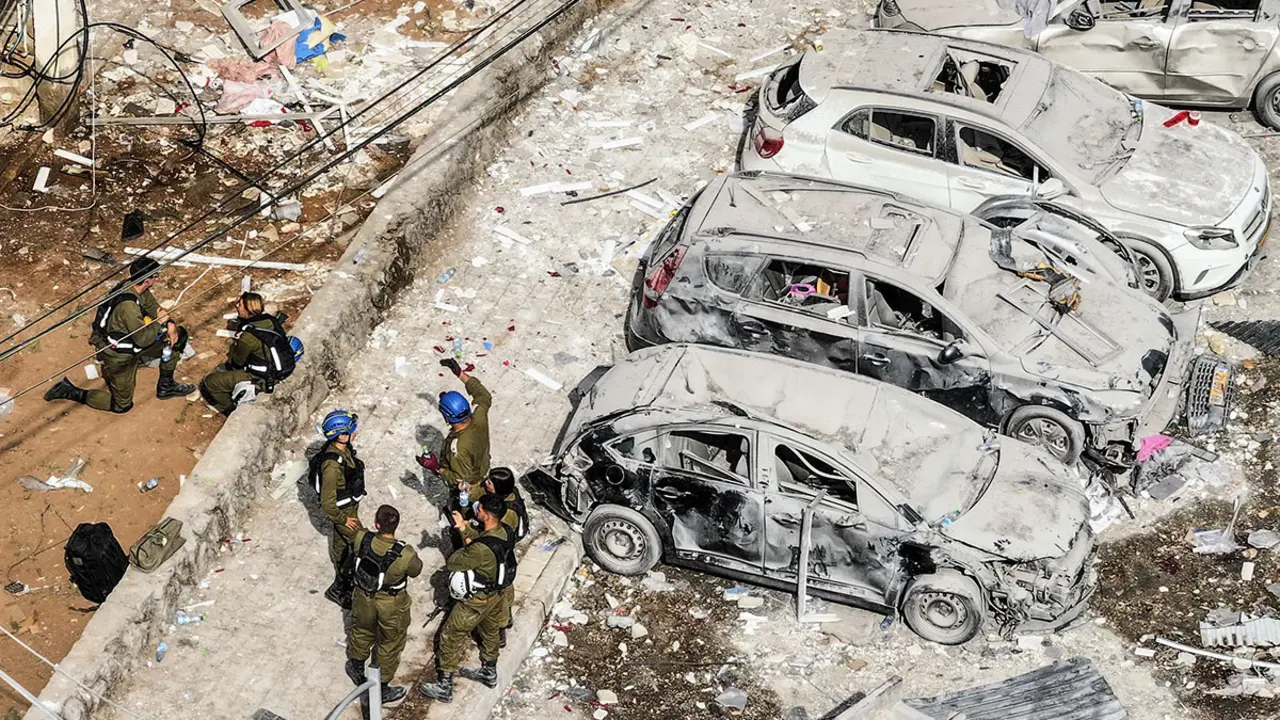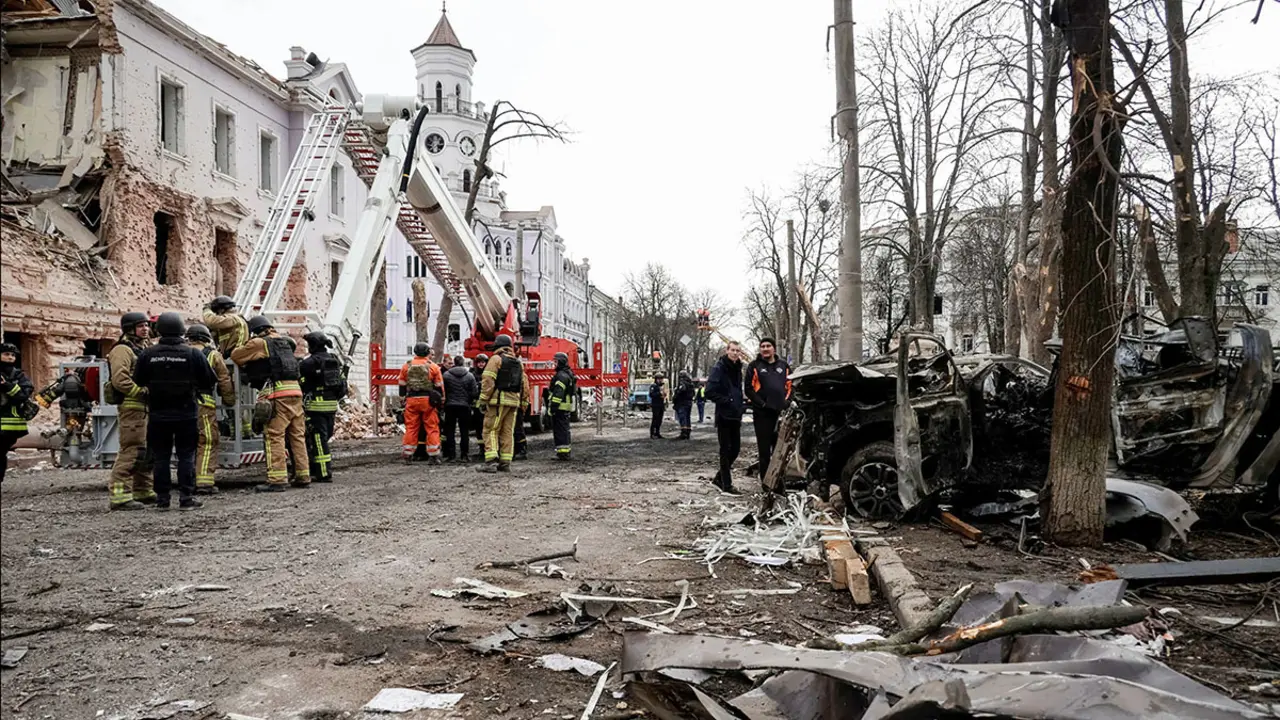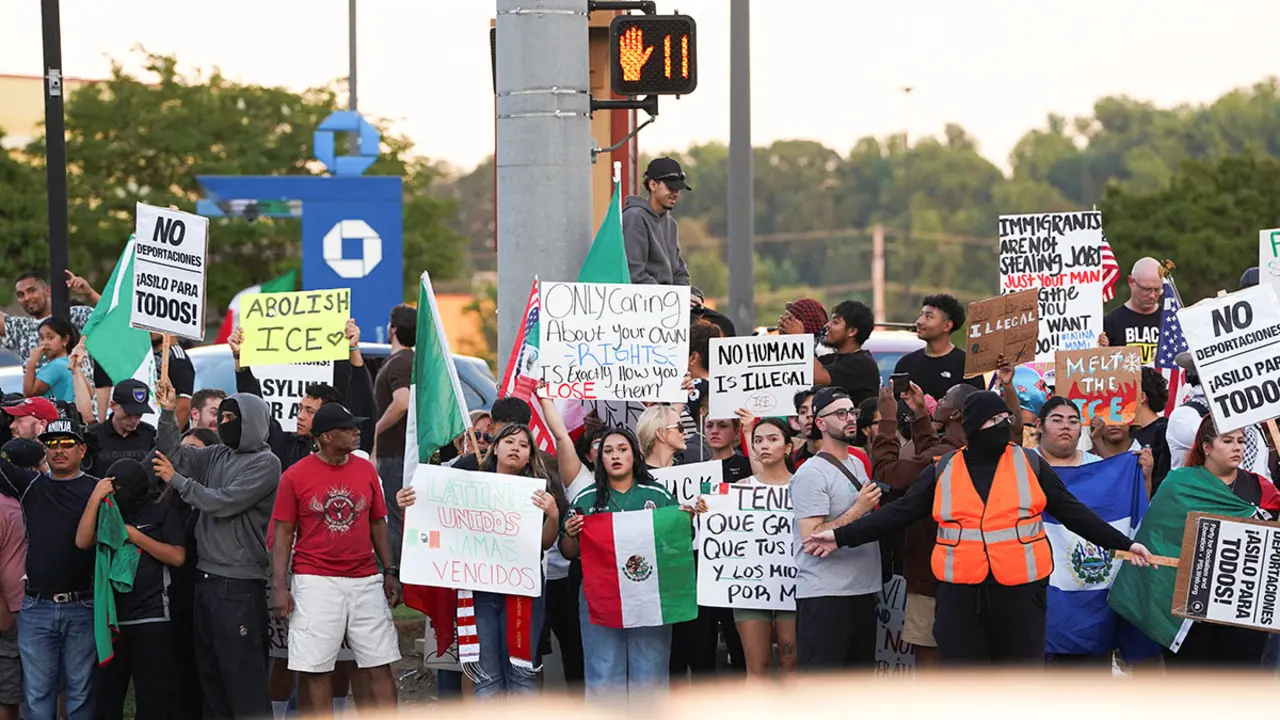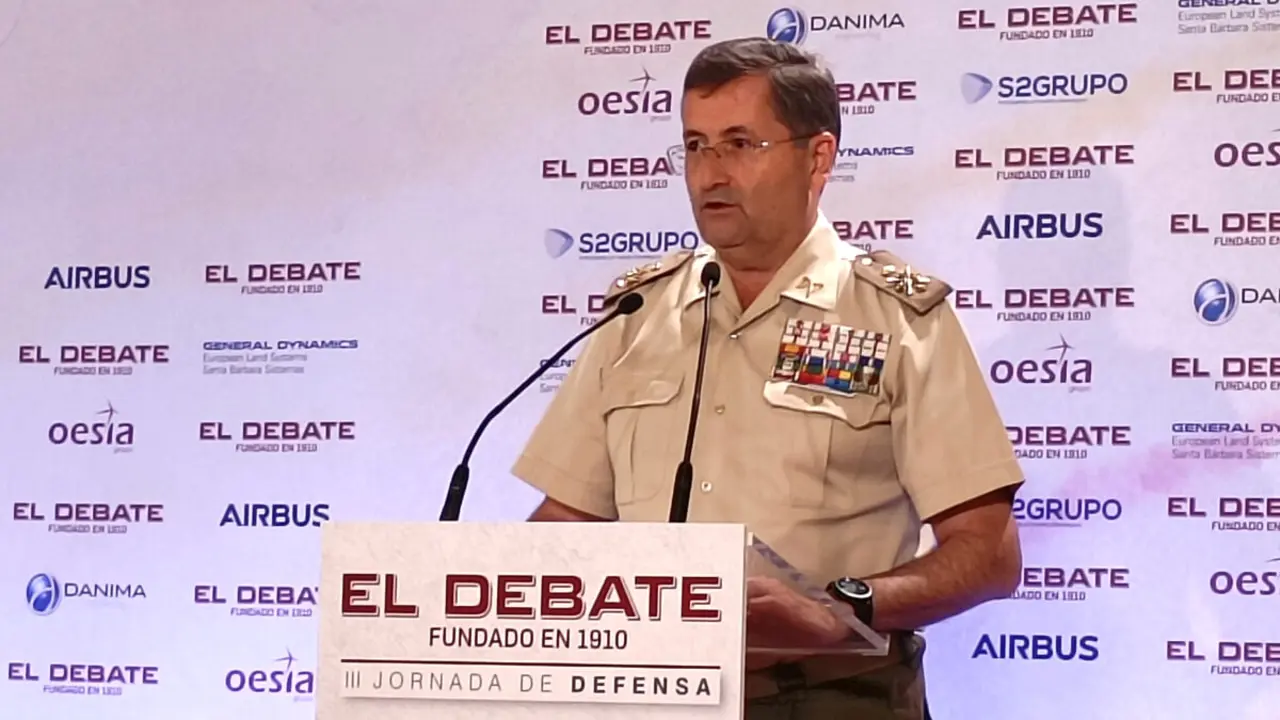España extradita a Faysal Bahloul a Marruecos

Faysal Bahloul has been extradited to Morocco after being arrested last March by Spanish security forces for "inciting terrorist acts against Moroccan interests and individuals", Al Arab reported. Bahloul, also known as "Bokhnouna", has close links with the Polisario Front and is one of the most important representatives of the Saharawi resistance. He played a prominent role in the events of "Gdeim Izik" (clashes that took place in the camp of the same name) and is considered very dangerous because of his extremist ideas and his many hate messages spread through social networks.
The Spanish Ministry of the Interior itself has referred to these messages on social networks, assuring that Faysal Bahloul threatened Moroccan bodies and even encouraged terrorist acts against Moroccan institutions both in Spain and in the national territory of the Alawi kingdom. The EFE agency adds that "the man was apparently obsessed with committing acts of violence against Moroccans, especially against all Saharawis loyal to Morocco". The Moroccan National Brigade of Judicial Police has been in charge of the arrest of "Bokhnouna" at the Mohammed V International Airport in Casablanca, after flying from Madrid.

Police departments in Casablanca had long been on Bahloul's trail. On 8 November 2010, the Moroccan authorities dismantled the Gdeim Izik camp following clashes in which 11 members of the kingdom's forces were killed. In 2017, up to 23 Saharawis were convicted for their murder with prison sentences ranging from 20 years to life imprisonment. Faysal Bahloul was one of the participants in this clash but was never found. He was also accused of involvement in the murder of a member of the Royal Gendarmerie, which led to his flight to Spain.
Bahloul's extradition comes just one year after the end of the ceasefire and the resumption of the conflict between Sahrawi separatists and Morocco. The current situation, though complex, reflects Rabat's authority over the territory, as it enjoys the vast majority of international support, most notably that of the United States. The Sahara's Moroccan character, increasingly recognised around the world, is one of the factors to which the government repeatedly refers, defending its country's authority over Western Sahara.

The arrival of Aziz Akhanouch, a close friend of King Mohammed VI, to the Moroccan presidency is expected to boost Alawi authority over the Sahrawi territory in which the Polisario Front continues to play a strong role, despite the fact that it does not have much international support. It does, of course, count on Algeria. While its diplomatic rupture with the kingdom has led to an increase in its military armament, the Algerians are also providing military equipment to the Polisario Front forces, as reported by La Razón just a fortnight ago.

